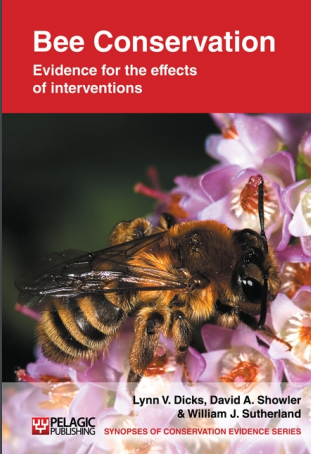Ensure commercial hives/nests are disease free
-
Overall effectiveness category Awaiting assessment
-
Number of studies: 2
View assessment score
Hide assessment score
How is the evidence assessed?
-
Effectiveness
not assessed -
Certainty
not assessed -
Harms
not assessed
Study locations
Supporting evidence from individual studies
A randomised controlled trial in a large greenhouse in Ladner, British Columbia, Canada found that the antibiotic fumagillin dicyclohexylammonium did not affect the incidence or intensity of infection by the internal parasite Nosema bombi, in managed colonies of the western bumblebee Bombus occidentalis (Whittington & Winston 2003). The antibiotic was given to 32 colonies in sugar water at doses of 26 mg/L and 52 mg/L, and 17 control colonies were not treated. The study found that samples of frass or five or more worker bees could reliably test for the presence or absence of the parasite, but could not be used to quantify the intensity of infection.
Study and other actions testedKwon et al. (2003) tested methods of controlling the Indian meal moth Plodia interpunctella, which can be problematic to bumblebee colonies in commercial rearing conditions or greenhouses. This moth's eggs are transported in pollen from honey bee colonies, and survive normal frozen storage conditions. Replicated controlled experiments showed that storage at -60°C for 70 days killed all Indian meal moth eggs (three replicates of each treatment). Storage at -20°C killed 80-90% of the eggs. In a separate experiment, treating B. terrestris colonies with the insect pathogen Bacillus thuringiensis (Bt) Aizawai strain at a concentration of 1 g Bt/litre of water killed 98-100 % of moth larvae after seven days, but did not cause bumblebee mortality after 10 days. Treatment with 2 g Bt/litre of water caused high bumblebee mortality. There were five Bt treated colonies and five control colonies.
Study and other actions tested
Where has this evidence come from?
List of journals searched by synopsis
All the journals searched for all synopses
This Action forms part of the Action Synopsis:
Bee Conservation
Bee Conservation - Published 2010
Bee Synopsis





)_2023.JPG)














